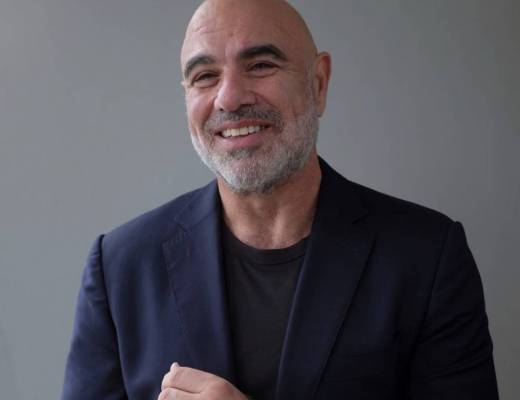Moving Beyond Dictatorial Estate Planning
I don’t believe in the dictatorial approach to estate planning where you control your heirs from the grave with rigid rules. Instead, I focus on setting a purpose and aligning family values. Most families operate with parents at the center—they’re the gravity holding everyone together. When parents die, the family often scatters, with assets divided and diminished. A better approach is putting family purpose at the center, so when parents pass away, that purpose continues to hold everyone together. In my own family, my children will never receive anything outright. If they want to start a business (entrepreneurialism being one of our family values), they’ll need to present a business plan to our board of trustees. They’ll be held accountable and expected to report back on what went right and wrong. This fosters cohesion and encourages them to learn from one another’s mistakes.Identifying Your Family’s Core Values
Few people can articulate their top five core values when asked to do so. Yet these values form the foundation of successful family wealth transfer. In our book, “Entrusted,” we explain that successful families know who they are and what they stand for. Core values develop from life experiences. One of mine is honesty, stemming from a family situation where dishonesty caused problems we’re still dealing with today. When I share this with my children, I’m teaching them family history and letting them know who I am. They understand that if they wreck my car, I won’t be happy, but I have insurance. If they lie about it, I’ll “go nuclear.”- Start by identifying your core values
- Have your spouse identify their core values
- Share what values you see in each other
- Collectively determine your family’s core values
Setting Clear Family Expectations
Every family member needs to understand three things:- What they can expect from being part of the family
- What they cannot expect from being part of the family
- What is expected of them as a family member
The True Meaning of “Family Banking”
The term “family banking” is often misused, frequently associated with life insurance products alone. The concept comes from the Rothschild family, who viewed the family as a business. They invested heavily in each child’s education and development, then sent them to establish banking operations across Europe. Life insurance is just one tool in this approach. I’m a fan of insurance—I want my family to be provided for if something happens to me —and I like insuring children at a young age when policies are more affordable. But it’s only one component of a comprehensive plan. The complex part isn’t the insurance—it’s the estate plan that directs everything. The insurance simply funds the trust, but the trust must be designed to integrate your core values and perpetuate your wishes across generations. We’re about to experience the most significant wealth transfer in human history—an estimated $40-80 trillion changing hands in the next 30 years. Most of this will transfer without proper planning. My nightmare is seeing this wealth create a generation that sits on couches, playing video games. My goal—my ripple effect—is to help families utilize their wealth with purpose, preserving legacies that benefit not only their immediate family but also society as a whole. If I can help produce happy, healthy, sustainable children, making a difference in this world, I’ve accomplished my mission.Frequently Asked Questions
Q: What’s wrong with the traditional “give it all to my kids” approach to estate planning?
When you simply dump money on your heirs without a proper structure, you risk creating entitled children who lack purpose. Money without responsibility often leads to poor decision-making and can diminish happiness rather than enhance it. The traditional approach also fails to protect assets from creditors and doesn’t pass on the values that helped create the wealth.
Q: How do I start identifying my family’s core values?
Begin by reflecting on what principles have guided your major life decisions. What matters most to you? What behaviors do you praise or correct in your children? Have family members write down what they believe are their personal top five values, then come together to discuss them. Share stories about why these values matter to you. This process helps everyone understand not only what the values are, but also why they’re essential to your family’s identity.
Q: At what age should I start including my children in family financial discussions?
Start early with age-appropriate conversations. Young children can learn basic concepts about saving and spending. Teenagers can begin participating in family meetings where broader financial topics are discussed. By their early twenties, they should understand your family’s approach to wealth and the associated responsibilities. Remember that each child is different—some will show interest and aptitude earlier than others, but all should be included in the process.
Q: How do I balance supporting my children while encouraging self-sufficiency?
Focus on the principle rather than your preference. The principle might be self-sufficiency, while your preference might be a college education. Support their passions and development, but with accountability. For example, if they want to start a business, have them create a business plan and report back on results. This approach provides support while teaching responsibility. Remember that making mistakes is part of learning—ensure they’re not repeating the same mistakes over and over.







